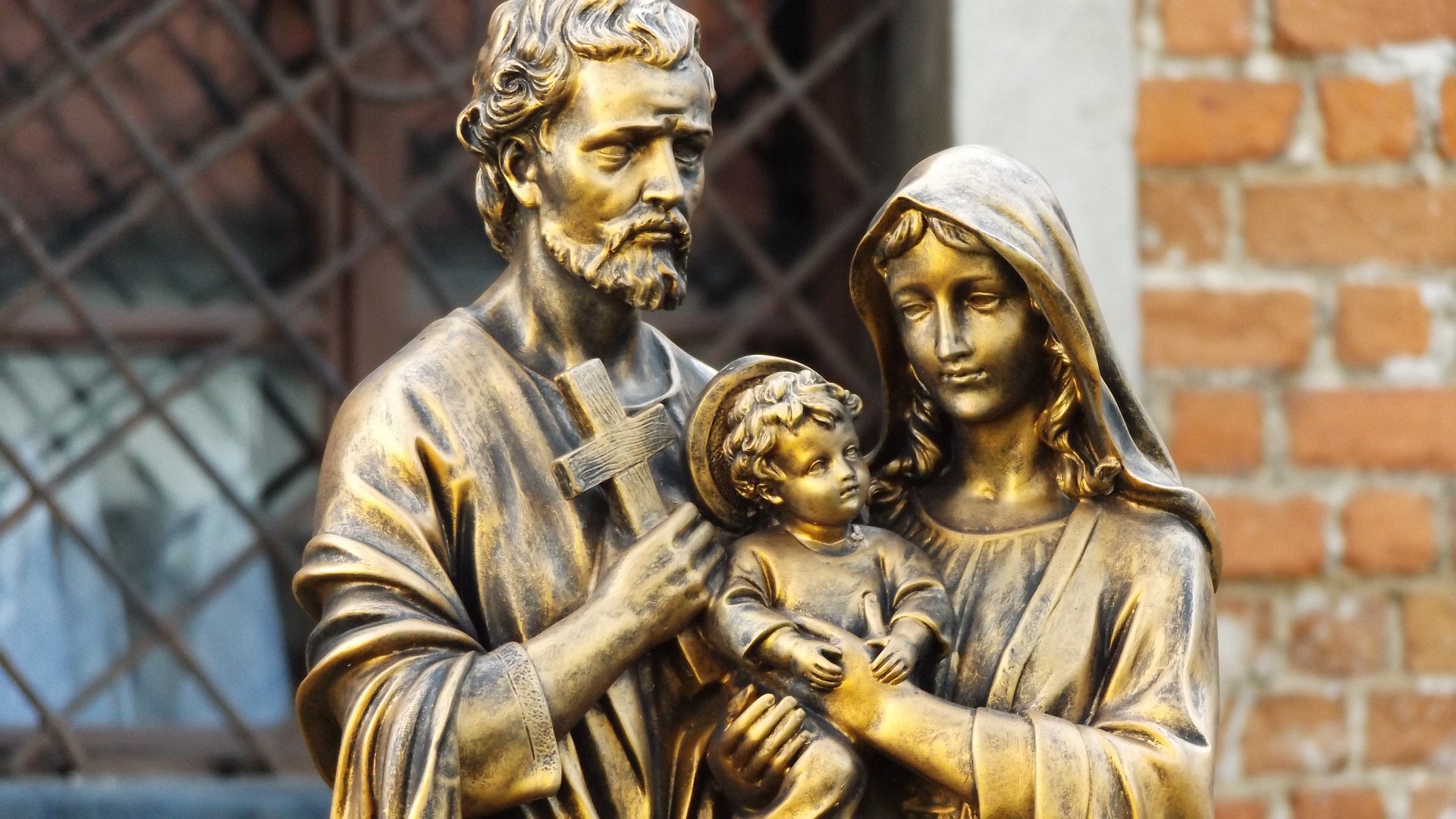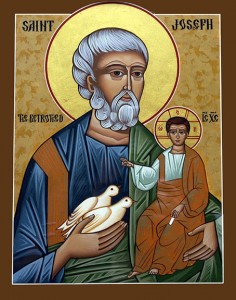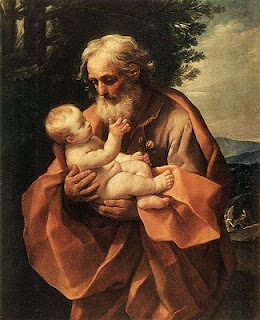 Q. March 19 is always the Solemnity of St Joseph, so why is it being celebrated today, March 20?
Q. March 19 is always the Solemnity of St Joseph, so why is it being celebrated today, March 20?
A. Because March 19 fell on a Sunday this year, this feast day was superseded by the Third Sunday of Lent. The Solemnity of Saint Joseph was thus moved to the following day this year.
Q. When did this feast originate in the Church?
A. Saint Joseph’s feast can trace its beginnings to the 15th century. It became a feast of the Universal Church (which is another way of referring to the Catholic Church as a whole) in 1621.
Q. Is it true that Saint Joseph is the patron saint of the Universal Church?
A. Yes. In 1847, Pope Saint Pius IX named Saint Joseph patron over the whole Church. He is also the primary patron saint of Canada and many other countries. Pope John XXIII, in the 20th century, included Saint Joseph’s name in Eucharistic Prayer I (the Roman Canon). Greater and greater honor has been shown to Saint Joseph over time, as, over the course of centuries, the Church has come to a deeper understanding of the role and importance of Saint Joseph in God’s plan of salvation, and in God’s family.
This is true in a double sense: the Greek word that explains God’s fatherly plan for salvation history is “oikonomia” – literally, “the law of the household”. Saint Joseph had charge of God’s “family” on earth in quite a literal sense – the Holy Family of Nazareth. Joseph was the foster father of the God-Man, Jesus Christ and husband of the Blessed Virgin Mary.
And Joseph is also the protector, by his prayers in heaven, of God’s other “family” on earth, the Church, which is also referred to in the New Testament as “the household of God” (Ephesians 2:19-20). Saint Joseph’s intercession is powerful indeed – we should learn to take more advantage of his help in our daily lives.
With the exception of Our Lady, there is no greater saint in Heaven than Saint Joseph. In her autobiography, Saint Teresa of Avila wrote: “To other saints, Our Lord seems to have given power to help us in some special necessity, but to this glorious saint (I know by my experience), he has given the power to help us in all things. Our Lord would have us understand that, as he was subject to Joseph on earth – Saint Joseph, bearing the title of his father and being his guardian, could command him – so now Our Lord in heaven grants all his petitions.”
Saint Joseph, pray for us!


 Today, March 19, Holy Mother Church gives her children a treat amidst our regular Lenten practices. There are a couple of solemnities that usually fall on Lenten weekdays. One is the great Feast of the Annunciation on March 25. The other is today’s Feast of Saint Joseph, patron of the universal Church.
Today, March 19, Holy Mother Church gives her children a treat amidst our regular Lenten practices. There are a couple of solemnities that usually fall on Lenten weekdays. One is the great Feast of the Annunciation on March 25. The other is today’s Feast of Saint Joseph, patron of the universal Church.